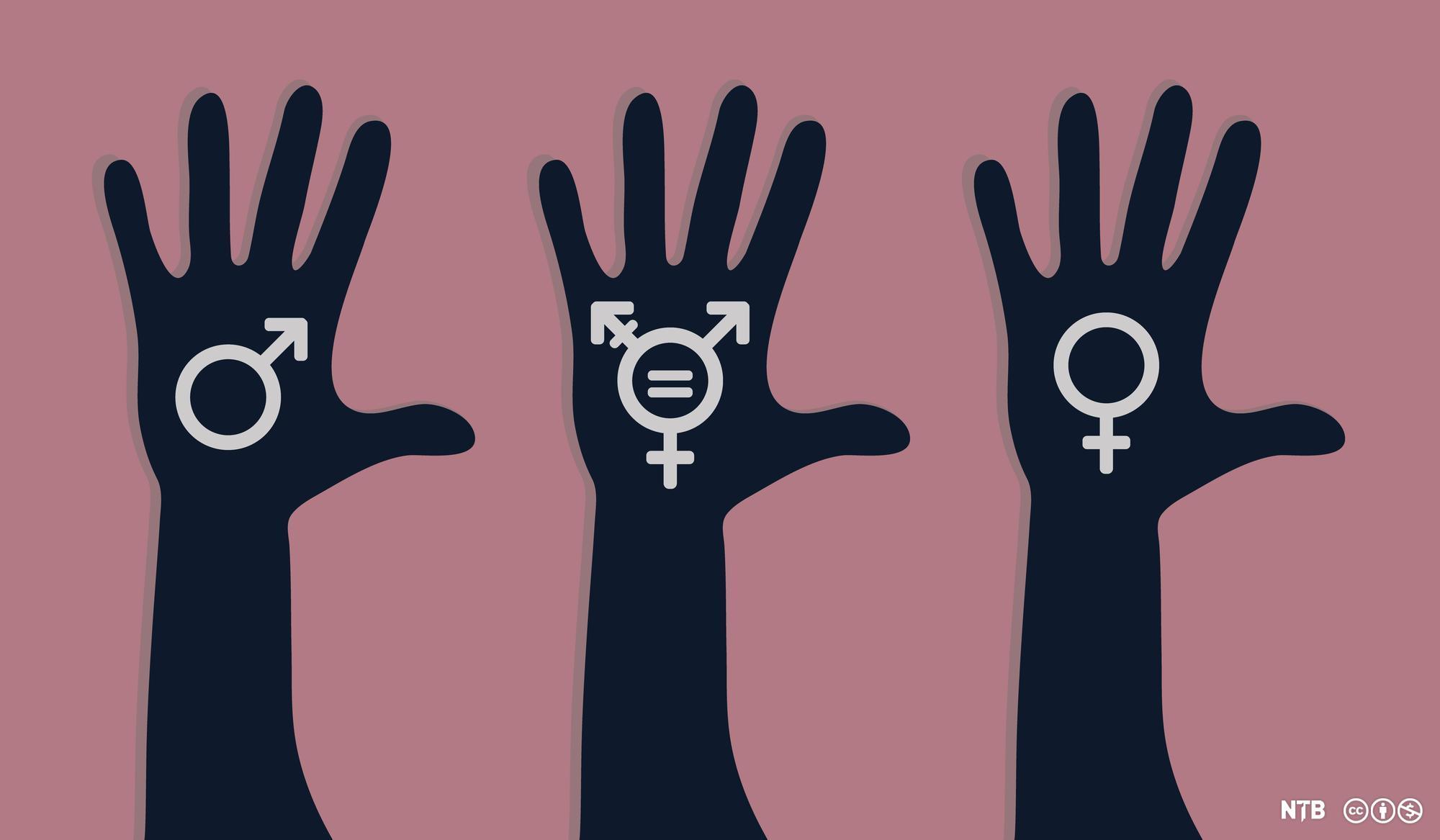In a world where medical research and healthcare practices have traditionally favored a one-size-fits-all approach, it’s time to shine a light on the overlooked disparities that exist in gender health. Let’s challenge the status quo and delve deeper into the intricate web of factors that contribute to the gender health gap. It’s time to stop misunderstanding this critical issue and start paving the way for more inclusive and effective healthcare solutions.
Table of Contents
- Recognizing the Gender Health Gap
- Exploring the Root Causes of Disparities
- Addressing Stigma and Bias in Healthcare
- Advocating for Gender-Inclusive Research and Treatment
- In Retrospect

Recognizing the Gender Health Gap
It is crucial to acknowledge the existence of a gender health gap in our society. Women and men experience different health outcomes and face unique challenges when it comes to accessing healthcare services. Ignoring these disparities only perpetuates inequalities and prevents us from addressing the root causes of this issue.
One key aspect of the gender health gap is the unequal distribution of resources and support for men and women. For example, women are often underrepresented in medical research studies, leading to a lack of understanding of how certain diseases and treatments affect them differently. Additionally, women may face barriers to accessing reproductive healthcare, mental health services, and preventive care due to societal norms and structures.
By recognizing and addressing the gender health gap, we can work towards creating a more equitable healthcare system for all. This includes implementing policies that promote gender-sensitive approaches to care, increasing funding for research on women’s health issues, and training healthcare providers to be aware of and responsive to the specific needs of different genders. It is time to stop misunderstanding the gender health gap and take meaningful action to bridge the divide.

Exploring the Root Causes of Disparities
Gender disparities in health outcomes have long been a topic of discussion and concern. While there are certainly biological differences between men and women that can impact health, it is essential to recognize that societal factors also play a significant role in shaping these disparities. By examining the root causes of these gaps, we can better understand how to address and eliminate them.
One key factor contributing to the gender health gap is the unequal distribution of resources and opportunities between men and women. This can lead to disparities in access to healthcare, education, and employment, all of which can impact overall health outcomes. By addressing these systemic inequalities, we can begin to level the playing field and improve health outcomes for all individuals, regardless of gender.
Additionally, societal norms and expectations regarding gender can also play a role in shaping health outcomes. For example, traditional gender roles may discourage men from seeking help for mental health issues, while women may face pressure to prioritize caregiving responsibilities over their own well-being. By challenging these norms and promoting gender equality, we can create a more supportive environment for all individuals to prioritize their health and well-being.

Addressing Stigma and Bias in Healthcare
Gender bias in healthcare is a pervasive issue that contributes to the misunderstanding of the gender health gap. This bias often leads to misdiagnosis, inappropriate treatment, and delayed care for individuals based on their gender identity. It is crucial for healthcare providers to address and eliminate stigma and bias to ensure equitable access to healthcare for all patients.
One way to combat gender bias in healthcare is through education and training. Healthcare professionals must be educated on the unique health needs and challenges faced by individuals of different gender identities. By increasing awareness and understanding, providers can offer more personalized and effective care that addresses the specific needs of each patient.
Additionally, creating inclusive and supportive healthcare environments is essential in . By promoting diversity and inclusivity within healthcare settings, patients will feel more comfortable seeking care and sharing their experiences. This can ultimately lead to improved health outcomes and a more positive patient-provider relationship.

Advocating for Gender-Inclusive Research and Treatment
It’s time to address the misconceptions surrounding the gender health gap and advocate for more inclusive research and treatment methods. Gender-inclusive healthcare is essential to ensure that all individuals receive the appropriate care they need regardless of their gender identity.
One common misunderstanding is that men and women experience health conditions in the same way. However, biological differences between sexes can lead to varied symptoms and treatment outcomes. By expanding research to include non-binary and transgender individuals, we can gain a more comprehensive understanding of health disparities.
Another crucial aspect of gender-inclusive healthcare is eliminating biases within the medical field. Healthcare providers must be trained to recognize and address the unique needs of all patients, regardless of their gender identity. By advocating for more inclusive practices, we can bridge the gender health gap and ensure that everyone receives the care they deserve.
In Retrospect
As we continue to delve deeper into understanding the complexities of the gender health gap, it is crucial that we approach the topic with an open mind and a willingness to challenge our preconceived notions. By shedding light on the disparities in healthcare access and treatment for different genders, we can work towards creating a more equitable and inclusive healthcare system for all. Let’s strive to bridge the gap and foster a future where everyone receives the care and support they deserve, regardless of gender. It’s time to stop misunderstanding the gender health gap and start working towards creating a healthier and more equitable world for everyone.






